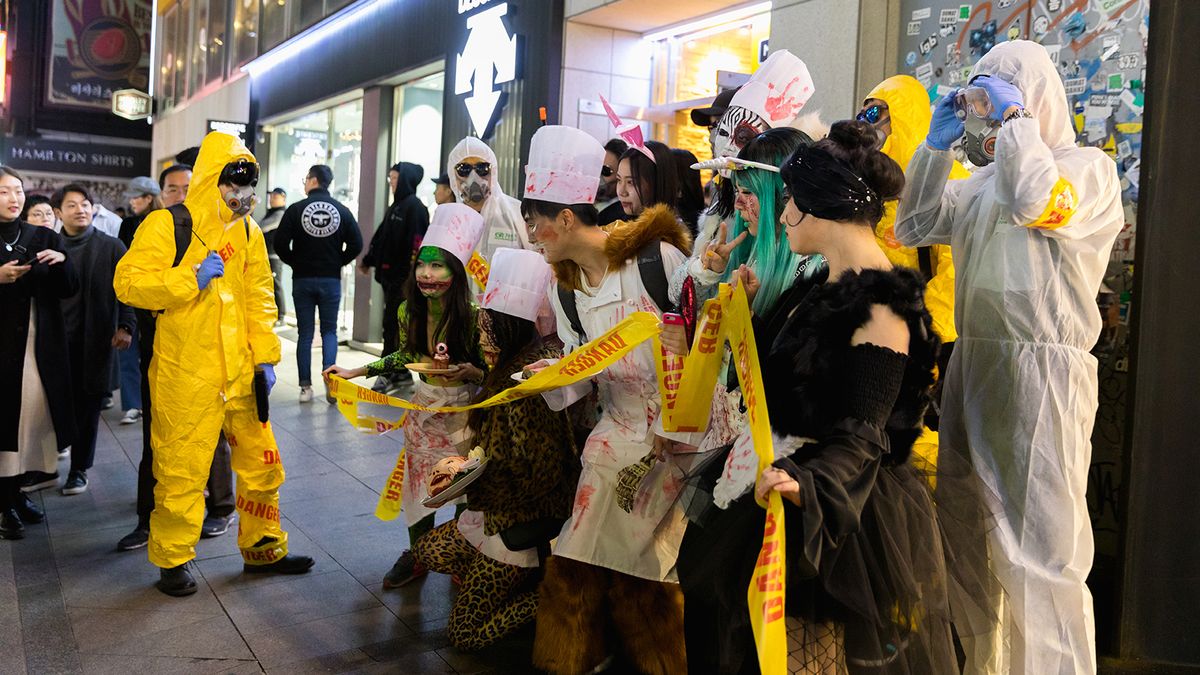The Itaewon crowd crush left an indelible mark on South Korea, particularly among young people. Families mourned the loss of loved ones, and the tragedy sparked nationwide grief and outrage. The Seoul Metropolitan Government and the South Korean government faced intense scrutiny, with calls for accountability from the public and the media.
Legal proceedings followed, with the Seoul Western District Court examining the roles of local authorities and event organizers. Kim Kwang-ho, the Seoul police chief, faced charges, but a Seoul court acquitted him in 2024. In response, the families of the victims asked prosecutors to appeal the decision.
“The court missed an opportunity to reflect on the gravity of the responsibility of public officials to protect the lives and safety of the public, and to remind state leaders and members of society of this,” the families said. “The prosecution’s weak investigation and the court’s passive interpretation of the law have delayed the punishment of those responsible for the tragedy and violated the rights of victims once again.”
The incident also led to widespread discussions about crowd density and the importance of proper planning for large-scale events. Memorials were established in Itaewon to honor the victims, serving as a somber reminder of the lives lost.











